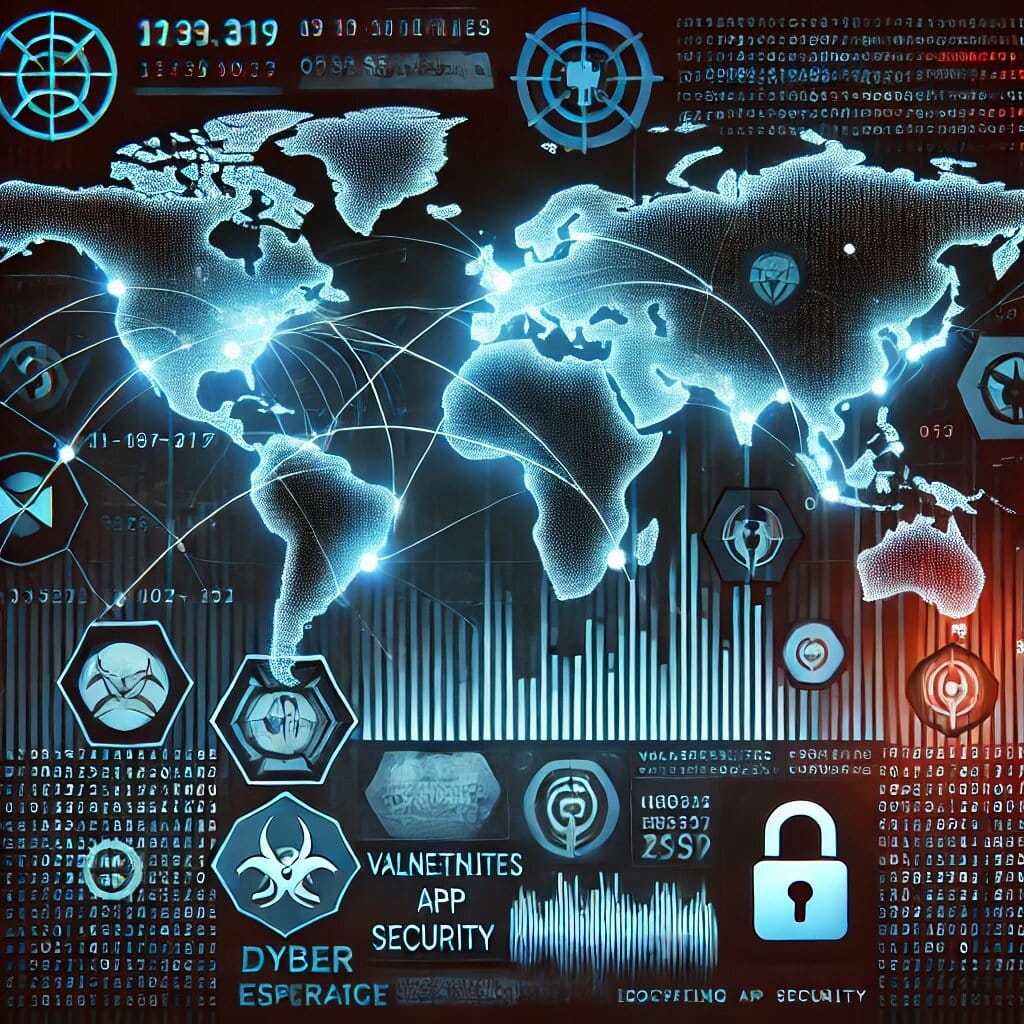Encrypted Frontlines: Unpacking Cyber Espionage, Messaging App Vulnerabilities, and Global Security

In the digital age, encrypted communication platforms have become essential tools for privacy and security. They serve journalists, activists, military personnel, and everyday users alike. However, recent incidents reveal that these platforms are not invulnerable. State actors and cybercriminals are finding new ways to exploit vulnerabilities, blurring the lines between cyber warfare and global cybercrime.
Our new podcast, "Encrypted Frontlines," delves into these complex issues, providing listeners with insights into the ongoing battles for digital privacy. This article expands on some of the critical points discussed in the podcast, drawing on the sources to provide a technical and in-depth overview.

The Signal QR Code Exploit: A Case Study in Human-System Interaction Flaws
One of the most concerning developments is the weaponization of device-linking features in encrypted messaging apps. Russian-aligned hacking collectives UNC5792 and UNC4221 have been identified as key players in targeting Signal users via malicious QR codes. This sophisticated phishing technique subverts Signal's trust model.
Here’s how the attack works:
- Malicious QR Code Distribution: Attackers distribute malicious QR codes via SMS, Telegram, or compromised government portals. These codes are often disguised as legitimate Signal resources, such as group invites or device-pairing instructions.
- Exploitation of Device Linking: When a user scans the malicious QR code, their Signal account is linked to an attacker-controlled device. This occurs without requiring re-authentication.
- Real-Time Interception of Messages: The attacker can then intercept messages in real-time, without compromising the victim's primary device.
- Data Harvesting: The PINPOINT payload, a JavaScript malware, harvests GPS coordinates, steals device metadata (OS, browser fingerprints), and captures Signal account credentials. It also maintains persistence through encrypted C2 channels.
This exploit highlights a fundamental challenge: balancing usability with security. While Signal's encryption protocol remains unbroken, the attack exploits human-system interaction flaws. The design flaw allows device linking with only a QR code scan, lacking geographical anomaly detection for new linked devices and making historical device lists difficult to audit.
Signal's Response: Signal has responded by implementing linked device geolocation logging and developing biometric re-authentication for device linking.

Telegram: A Cybercrime Ecosystem
Telegram has become a thriving ecosystem for cybercrime. Its features, such as built-in encryption and the ability to create large, private groups and channels, make it attractive to cybercriminals.
Here are some reasons why Telegram is favored by cybercriminals:
- Prioritizes Privacy and Security: Telegram's focus on privacy and security, including optional end-to-end encrypted chats, makes it difficult to monitor and track criminal activity.
- Easy to Find Communities: Compared to cybercrime forums, Telegram channels and groups are easier to find. A simple search can reveal communities of interest.
- Global Platform: The ability to interact in different languages on Telegram gives cybercriminals a worldwide platform.
- Bot Creation: Telegram users can create automated accounts known as bots, which can be used for various purposes, including managing group chats and automating tasks.

Cybercriminals use Telegram for various illicit activities:
- Selling Stolen Data: Personal and corporate data are sold and leaked on Telegram channels and groups. This includes usernames, passwords, financial information, and sensitive corporate documents.
- Clouds of Logs: Threat actors sell access to collections of stolen credentials, known as "clouds of logs," via private Telegram channels.
- Banking Fraud: Telegram is used to sell credit cards, checks, and other financial instruments. Cybercriminals also share banking fraud tutorials on the platform.
- Ransomware and Data Extortion: Ransomware and data extortion groups use Telegram to promote attacks, leak data, and communicate with victims.
- Hacktivism: Hacktivists use Telegram to publicize information about their attacks.

The Geopolitics of Encryption: UK vs. Apple
The tension between governments and tech companies over access to encrypted data is escalating. The UK's Investigatory Powers Act (IPA) 2016 requires companies to assist in decrypting data when technically feasible. This has led to clashes between tech companies and national surveillance regimes.
Apple's decision to discontinue Advanced Data Protection (ADP) for iCloud data in the UK highlights this conflict. The UK government's demand for a backdoor led to ADP's removal, prioritizing surveillance over user security.
Implications:
- Loss of End-to-End Encryption: UK users can no longer enable ADP, meaning their iCloud backups are now accessible to Apple and law enforcement via warrants.
- Selective Encryption Rollback: While default E2EE for iMessages, FaceTime, Health data, and payment information remains intact, backups and other iCloud data are vulnerable.
- Fragmentation Risks: The UK now has weaker iCloud backup protections compared to other regions, creating a two-tiered privacy landscape.
Critics argue that this prioritizes surveillance over user security and creates a "self-harm" scenario for digital privacy. There is also a risk of a global domino effect, where authoritarian regimes could leverage this precedent to demand similar concessions.
Recommendations for Users
Given these threats, it is essential to take proactive steps to protect your digital privacy and security:
- Use Strong, Unique Passwords: Use strong, unique passwords for every account.
- Enable Two-Factor Authentication: Turn on two-factor authentication whenever possible.
- Be Suspicious of Phishing: Be cautious of suspicious emails, links, or attachments.
- Keep Software Updated: Keep your software up to date to patch security vulnerabilities.
- Use Antivirus Software: Consider using a reputable antivirus program.
- Disable iCloud Backups: Opt for local, encrypted backups via Finder/iTunes to retain control over data.
- Use Alternative Encrypted Services: Shift sensitive data to third-party E2EE platforms like Signal or Proton Drive.
Conclusion
The digital landscape is constantly evolving, with new threats and vulnerabilities emerging all the time. "Encrypted Frontlines" aims to keep you informed about these developments and provide you with the knowledge and tools you need to protect your digital rights. Stay tuned for more episodes as we continue to explore the complex world of cyber espionage, messaging app vulnerabilities, and global security.









